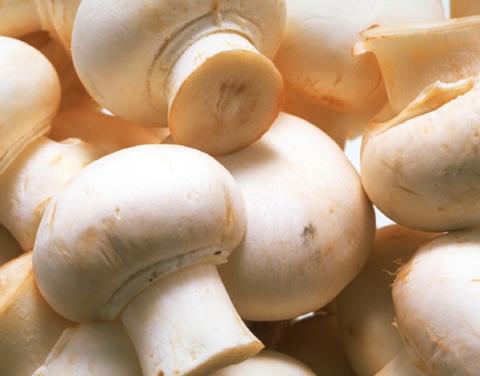
US scientists have found that mushrooms can provide just as much vitamin D as supplements.
The researchers from Boston University School of Medicine (BUSM) discovered that eating mushrooms containing vitamin D2 can be as effective at raising and maintaining levels of vitamin D as taking supplemental vitamin D2 or vitamin D3.
Their discoveries were due to be presented at the American Society for Biochemistry and Microbiology at its annual meeting in Boston this week as well as an open-access online document.
Vitamin D is vital for both muscle strength and good bone health it also helps the immune system to fight infections and lowers the risk of common diseases such as cancer, cardiovascular disease, depression and diabetes.
The Boston study involved 30 healthy adults who were then selected at random to take capsules of vitamins D2 or D3 or mushroom powder for 12 weeks during winter and measurements taken to determine their vitamin D status. After 12 weeks of the vitamin D supplements, these levels were not statistically significantly different among he groups.
Principal investigator Michael Holick said: 'These results provide evidence that ingesting mushrooms which have been exposed to ultraviolet light and contain vitamin D2, are a good source of vitamin D that can improve the vitamin D status of healthy adults.
'Furthermore we found ingesting mushrooms containing vitamin D2 was as effective in raising and maintaining a healthy adult's vitamin D status as ingesting a supplement that contained either vitamin D2 or vitamin D3. These results confirm other studies that have demonstrated that ingesting vitamin D2 either from fortified orange juice, a supplement or a pharmaceutical formulation were all capable of increasing total circulating 25(OH) D concentrations for at least 3 months, and up to 6 years.'
In a second presentation, the researchers were able to determine how mushrooms make vitamin D2 and found that the process is similar to what occurs in human skin after sun exposure. They were also able to show that mushrooms not only produce vitamin D2, but can produce vitamin D3 and vitamin D4.



